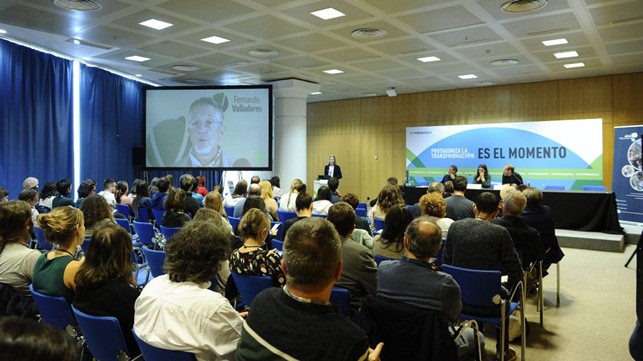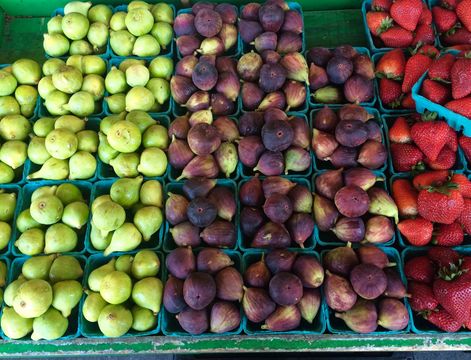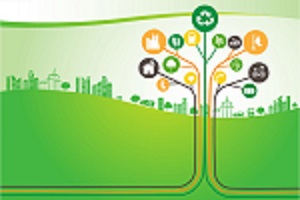The 8th Interregional Partner Meeting, organised by Regione Piemonte and the University of Turin, took place on June 9th, 2021, and gathered 58 participants representing 32 institutions from 13 European countries.
The event was dedicated to the topic of “Circular Procurement and Initiatives in the agri-food sector”. Indeed, the agri-food sector has a big impact on our climate, being responsible for over 10% of greenhouse gas emissions in Europe. This only accounts for the direct emissions associated with agriculture and food processing, to which those from transport, storage, and food waste should be added. Public procurement of food provides the opportunity to drive local and regional food economies towards more sustainable paths.
The meeting, held online, was opened by Stefania Crotta, Head of Environment, Energy and Land Directorate at Regione Piemonte, and by Gabriella Racca, Full Professor of Administrative Law at the University of Turin.
Enrico Degiorgis, GPP policy officer at European Commission, DG Environment, presented current activities and latest developments on EU green public procurement policy, covering the European Green Deal, the 2020 Circular Economy Action Plan, the Farm to Fork Strategy and focusing in particular on the EU GPP criteria for food, catering services, and vending machines, that provide a common basis for developing specifications and other procurement criteria to minimise key environmental impacts related to food procurement activities.
Matteo Sabini, Project Manager at the Italian Agency for the Promotion of European Research (APRE), focused on the funding opportunities arising from Horizon Europe, the EU R&I Framework Programme 2021-2027 with cluster 6 dedicated to Food, bioeconomy, natural resources, agriculture and environment.
The intervention of Alessandra Mascioli (Circular economy Directorate, Italian Ministry of Ecological Transition), covered the topic of catering services and food supplies in Italian Green Public Procurement legal framework and illustrated the Minimum Environmental Criteria on food supplies and catering services.
Franco Fassio, Professor of Systemic Design, EcoDesign, Circular Economy at University of Gastronomic Sciences (UNISG), gave a speech on Circular Economy for Food, presenting the activities of the dedicated hub created at UNISG to monitor the evolution of the circular economy applied to food.
The Head of Network Development of Innovation at Intesa Sanpaolo Innovation Center (ISPIC), Vincenzo Antonetti, presented the ISPIC’s Open Innovation activities to support the growth of local Ecosystems, including direct support on agritech sector to make agriculture more sustainable. Agritech consists in the use of technology and technological innovation to improve the efficiency and output of agriculture. It does so by offering solutions by utilizing smart technologies, such as Artificial Intelligence (AI), Machine Learning (ML), robotics, and the Internet of Things (IoT).
The activities of the Green Office of University of Turin were presented by Egidio Dansero, Full Professor of Political and Economic Geography and Vice Rector for Sustainability and Development Cooperation. The Green Office was created in 2016 at University of Torino to reduce the university's environmental impact, involving and engaging the entire community. Nadia Tecco then presented the activities of the H2020 project SPP Regions, which represented an opportunity for the University of Turin to fundamentally rethink its vending machines concessions requirements to stimulate eco innovation and explore alternative procurement approach (see for reference the dedicated good practice).
During the afternoon session, the CircPro project partner Evelin Piirsalu, Environmental Management Programme Senior Expert at SEI Tallinn, presented the activities of the Interreg StratKIT project, dedicated to the Circular procurement of catering services in schools services across Baltic Sea Region.
Eleni Zafeiriou, Associate Professor at Democritus University of Thrace, gave a speech on Circular Economy as a new trend to Agri-Food sector, explaining the transition from agricultural conventional practices and the potential of circularity to tackling current challenges affecting modern agriculture.
Finally, Jaana Myllyluoma, Senior Adviser at FCG Finnish Consulting Group, presented the experiences from schools and kindergartens of Kouvola, Finland in reducing food loss and waste with bio-scaling, a system provided by the Finnish company Biovaaka Ltd. The bio-scaling system provides an automatic reporting of the data that allows smoother more systematic monitoring of food loss, and planning of quantities when ordering.














